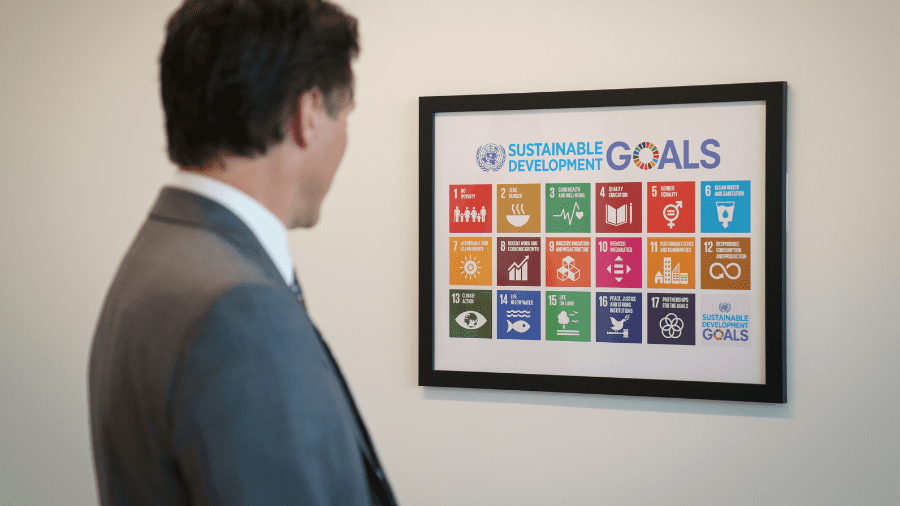This article originally appeared in the Globe and Mail.
By Heather Exner-Pirot, June 6, 2023
People in industry have called the government’s mandates for reducing emissions, charitably, a regulatory stack of pancakes; or derisively, a Frankenstein of policies over-ambitiously mashed together, with each one adversely affecting the other.
Any of these mandates is not a too-terrible idea on its own. The carbon tax may be unpopular, but it’s at least rational. It puts an explicit price on carbon, thus incentivizing lower-emission alternatives. It is technology agnostic, promising to reduce greenhouse gas emissions in the most cost-effective manner possible.
Decarbonizing fuels through the Clean Fuel Regulations is also a great idea. From clean hydrogen (made with electrolysis or through using carbon capture technology) to renewable natural gas (made from excess gas in landfills, water treatment plants and livestock operations); and from renewable diesel (made from vegetable oils or animal fats) to ethanol (from plant crops), you are already a consumer of clean fuels.
So what is the problem? The mandates contradict each other. To meet the requirements of the Clean Fuel Regulations, Canada needs significantly more investment in feedstocks, production and refining of clean fuels. But stacking the ZEV (zero-emissions vehicle) and clean electricity mandates on top of those regulations diminishes the market for even the cleanest fuels and totally undermines the business case for those investments.
Going by the ZEV mandate, refineries for clean fuels are destined to be uneconomic by 2035, the point at which all new light-duty vehicles must be electric. Why would companies want to make the necessary investments to meet the clean-fuel standards in the case? You can force industry to follow new laws, but you can’t force it to lose money.
That lack of feasibility is what seemed to drive Parkland PKI-T, a Canadian fuel supplier, to cancel its plans for a renewable diesel refinery in Burnaby, B.C., in March. It cited “a lack of market certainty around emerging renewable fuels” alongside rising costs and competition from the United States.
Maybe this mishmash disincentive is what the government wants all along. Maybe policy makers do not want any gasoline or diesel, clean or unclean, and want all energy sources replaced by electricity.
If that is the case, there is every reason to doubt we will achieve those ZEV targets. That’s because they undermine another emissions-reduction mandate: the Clean Electricity Regulations.
It is already a stretch to decarbonize our grid in 12 years, as the government has committed under the Clean Electricity Regulations. We do not have the supply chain, the workers or a regulatory process that is fast enough to do so.
But to decarbonize the grid and add the electrical capacity necessary to accommodate the surge in ZEVs in the exact same time frame seems bolder than even Soviet economic planners would have dared propose. PwC, a consultancy, estimates the ZEV mandate will increase peak electricity demand by 25 per cent.
Not only do these mandates compete with each other for the same scarce resources – the electrical steel, copper, aluminum and other critical minerals required for the shift – but they also need to compete with the resource needs of our competitors who are also subsidizing electric vehicles and clean electrification and have the same abundance of ambition as us.
That competition will drive higher costs for these mandates than what policy makers have anticipated.
We might soon find out that these contradictory policies are less like a stack of pancakes, and more like a Jenga tower. Each mandate pulls out a block from Canada’s climate strategy. It’s starting to wobble.
Heather Exner-Pirot is director of energy, natural resources and environment at the Macdonald-Laurier Institute.






